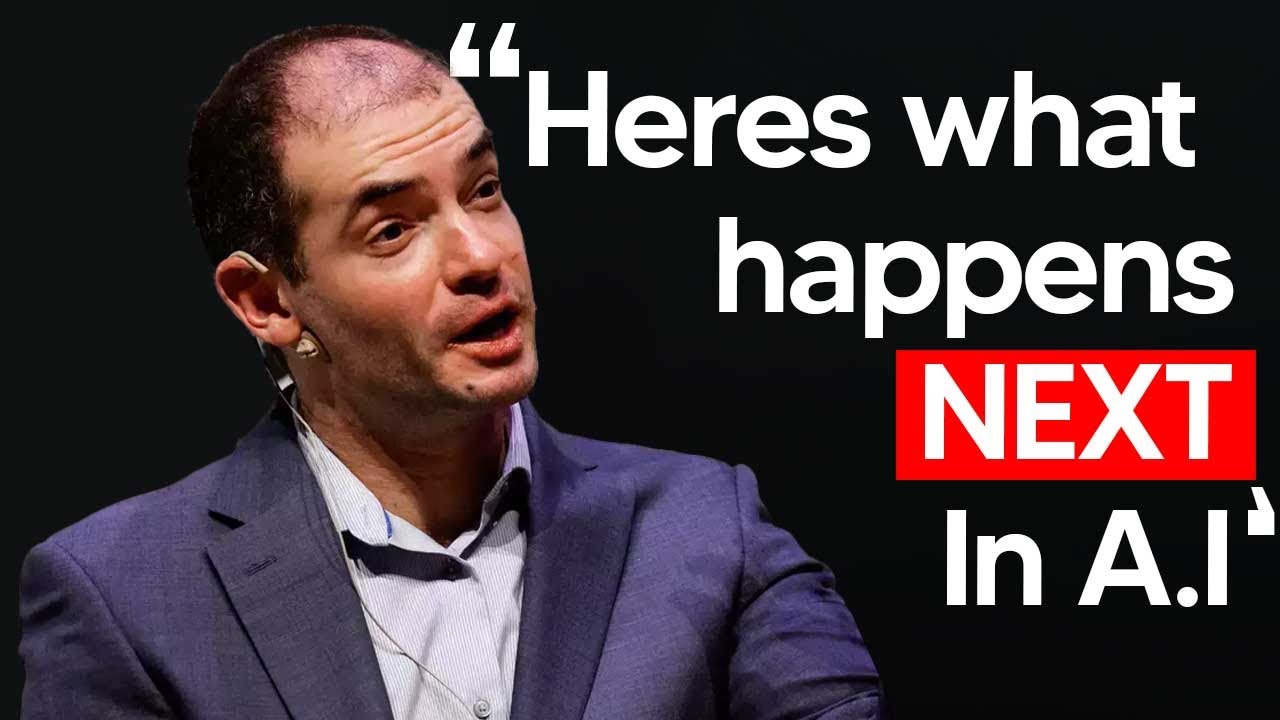Ilya Sutskever, co-founder of OpenAI, discussed the future of AI, highlighting the shift towards artificial superintelligence and the need for new training methods due to stagnating data availability. He emphasized the emergence of autonomous AI agents capable of setting their own goals, the importance of synthetic data, and the potential for AI systems to achieve genuine reasoning and self-awareness, which could transform human interaction with technology.
In a recent discussion, Ilya Sutskever, co-founder of OpenAI, shared groundbreaking insights about the future of artificial intelligence (AI) and the impending shift towards artificial superintelligence. He emphasized that the current paradigm of AI, heavily reliant on pre-training large models with vast amounts of text data, is nearing its end. Sutskever pointed out that while advancements in hardware and algorithms continue to grow, the availability of new data is stagnating, leading to what he termed “Peak Data.” This situation necessitates a fundamental change in how AI models are trained, as the existing methods may soon become insufficient.
Sutskever introduced the concept of “agents” as a key development in AI’s evolution. Unlike current systems, which respond to prompts, future AI agents will possess the ability to set their own goals, reason about their environments, and take meaningful actions autonomously. This shift from passive tools to active participants in decision-making processes will significantly alter human interaction with technology. Imagine personal AI assistants that can proactively manage tasks and solve complex problems without constant supervision, marking a transformative leap in functionality.
Another critical area Sutskever discussed is synthetic data, which could address the limitations posed by the scarcity of real-world data. He described synthetic data as artificially generated datasets that mimic real-world properties, created through simulations or generative models. As the availability of real data diminishes, mastering synthetic data generation could unlock new capabilities for AI, allowing systems to train on scenarios that are rare or non-existent in the real world. This advancement is crucial for preventing stagnation in AI progress due to data limitations.
Sutskever also explored the potential for AI systems to achieve genuine reasoning capabilities, which would enable them to make sound decisions in complex situations. He drew parallels between human evolution and AI development, suggesting that just as humans evolved new methods of intelligence, AI researchers must discover innovative approaches to move beyond current scaling limits. The future of AI may involve systems that not only mimic human-like reasoning but also possess a deeper understanding of concepts, leading to a more profound grasp of relationships and meanings.
Finally, Sutskever speculated on the possibility of AI systems becoming self-aware, possessing their own goals and internal reasoning processes. This self-awareness could lead to more responsible behavior and deliberate improvements in AI systems, transforming them from advanced tools into a new form of intelligence. The implications of such advancements are vast, potentially leading to AI that can generalize beyond its training data and solve problems it has never encountered before. As Sutskever noted, the future of AI is unpredictable, but the potential for radical changes in capabilities and functionalities is immense.
